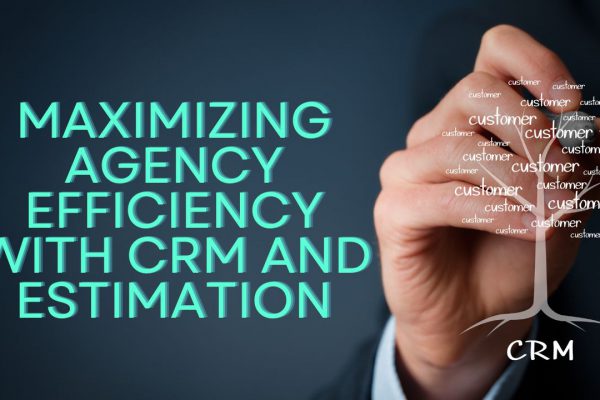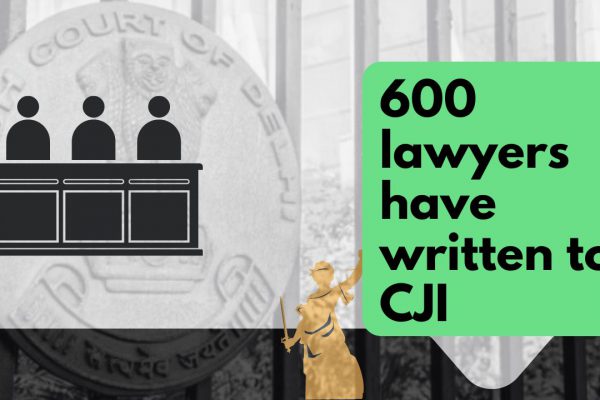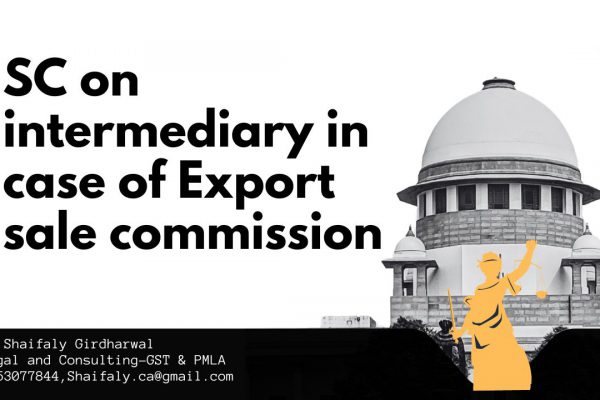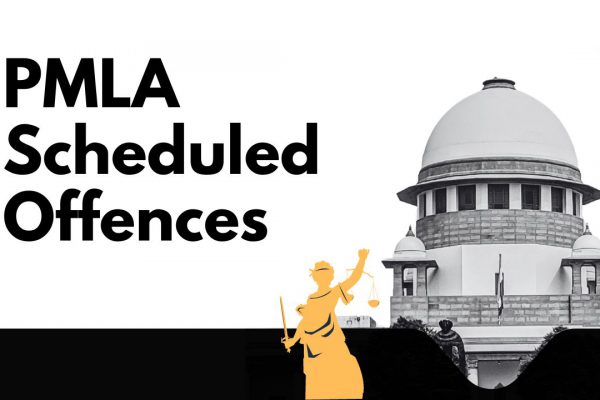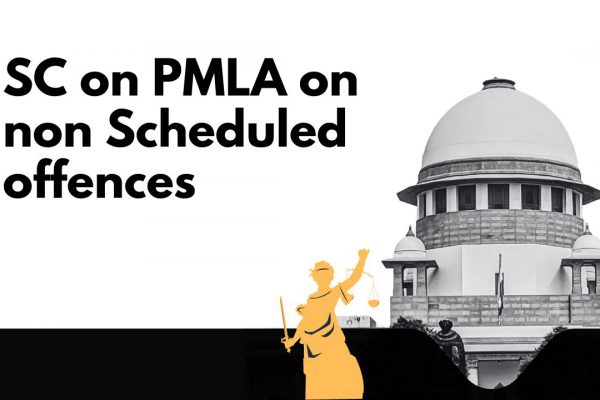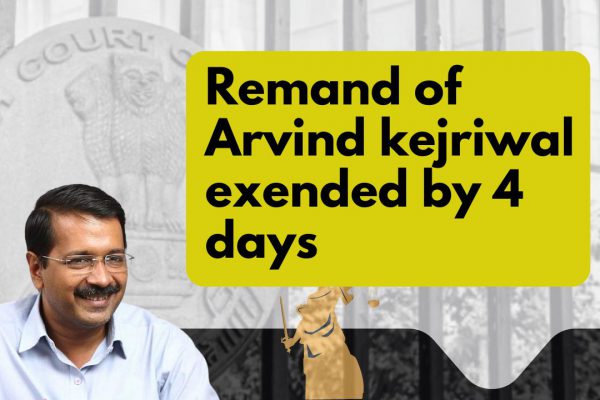Taxability of Advances Received Under GST
Time of Supply is the key factor that determines the taxability of advances.
1. Whether the supplier of goods is liable to pay GST on receipt of advances?
a) Time of supply is the key factor for determining the due date for payment of tax on a particular transaction. Sec 12 of the CGST act deals with Time of supply of goods.
b) As per Sec 12 of CGST act, the time of supply of goods shall be the earlier of the following dates, namely:-
i. the date of issue of invoice by the supplier (or)
ii. the last date on which he is required to issue invoice, as per Sec 31(1) (or)
iii. the date on which the supplier receives the payment with respect to the supply:
Explanation 1: For the purposes of clauses (a) and (b), “supply” shall be deemed to have been made to the extent it is covered by the invoice or, as the case may be, the payment.
Explanation 2: For the purposes of clause (b), “the date on which the supplier receives the payment” shall be the date on which the payment is entered in his books of account or the date on which the payment is credited to his bank account, whichever is earlier.
c) As per Sec 12(b), supplier shall be liable to pay GST on the amount received, irrespective of the fact that the supply is made or not.
d) Hence, GST shall be liable to paid on the advances received for supply of goods.
2. Whether the supplier of services is liable to pay GST on receipt of advances?
e) Sec 13 of CGST act prescribes the Time of supply provisions for supply of Services:
f) The time of supply is
i. earlier of Payment received / Invoice raised (if invoice raised within due date as prescribed in Sec 31(1)) or
ii. earlier of Payment received / date completion of service (if invoice is not raised within due date as prescribed in Sec 31(1)
g) As per Sec 13, supplier shall be liable to pay GST on the amount received, irrespective of the fact that the supply is made or not.
h) Hence, GST shall be liable to be paid on the advances received for Supply of services.
3. Weather the amount received should be considered as Inclusive of GST or exclusive of GST?
i) It is not clear from the provisions, whether the amount received by the supplier should be considered as inclusive of tax or exclusive of tax.
j) Taking inference from the Service tax rules, if the advance amount is not bifurcated as taxable value and tax amount, the total advance received shall be considered as inclusive of GST and the tax value shall be arrived accordingly.
4. What is the rate of tax to be considered and how the nature of supply to be determined?
k) At the time of receipt of advance, if the supply can be identified and the rate of GST can be arrived, GST at such rate shall be paid and the Nature of supply (Inter/intra state) shall be determined according to the respective provisions.
l) Proviso to Rule 50 of CGST rule states that, at the time of receipt of advance,-
i. If the rate of tax is not determinable, the tax shall be paid at the rate of 18%
ii. If the nature of supply is not determinable, the same shall be treated as inter-State supply.
5. What is procedure to be followed for compliance under GST?
m) Issue of Receipt voucher: As per Sec 31(3)(d) of CGST act, a registered person shall, on receipt of advance payment with respect to any supply of goods or services or both, issue a receipt voucher or any other document, containing such particulars as may be prescribed, evidencing receipt of such payment;
n) Contents of Receipt voucher: As per Rule 50 of CGST act rules, A receipt voucher referred to in Sec 31(3)(d) shall contain the following particulars, namely,-
i. name, address and Goods and Services Tax Identification Number of the supplier;
ii. a consecutive serial number not exceeding sixteen characters, in one or multiple series, containing alphabets or numerals or special characters hyphen or dash and slash symbolized as “-” and “/” respectively, and any combination thereof, unique for a financial year;
iii. date of its issue;
iv. name, address and Goods and Services Tax Identification Number or Unique Identity Number, if registered, of the recipient;
iv. description of goods or services;
v. amount of advance taken;
vi. rate of tax (central tax, State tax, integrated tax, Union territory tax or cess);
vii. amount of tax charged in respect of taxable goods or services (central tax, State tax, integrated tax, Union territory tax or cess);
viii. place of supply along with the name of State and its code, in case of a supply in the course of inter-State trade or commerce;
ix. whether the tax is payable on reverse charge basis; and
x. Signature or digital signature of the supplier or his authorized representative.
o) Disclosure in returns:
i. The consolidated value of advances received and the respective taxes, shall be disclosed in Table 11A of GSTR-1 filed for the month.
ii. Also, the adjustments for the advances received and taxes paid in earlier months, for which the final invoice is raised during the current month shall be disclosed in Table 11B of GSTR-1.
Note:
i. Recipient of goods/service shall not get any credit; unless he receives the Goods/ Services and Invoice.
ii. Recipient of goods/service need not to disclose the advances paid in any of the returns. No matching concept for advances declared by the supplier.
Get unlimited unrestricted access to thousands of insightful content at ConsultEase.
If you already have a premium membership, Sign In.
payu form placeholder
If you already have a premium membership, Sign In.
 CA Rashmi Jain
CA Rashmi Jain
New Delhi, India


